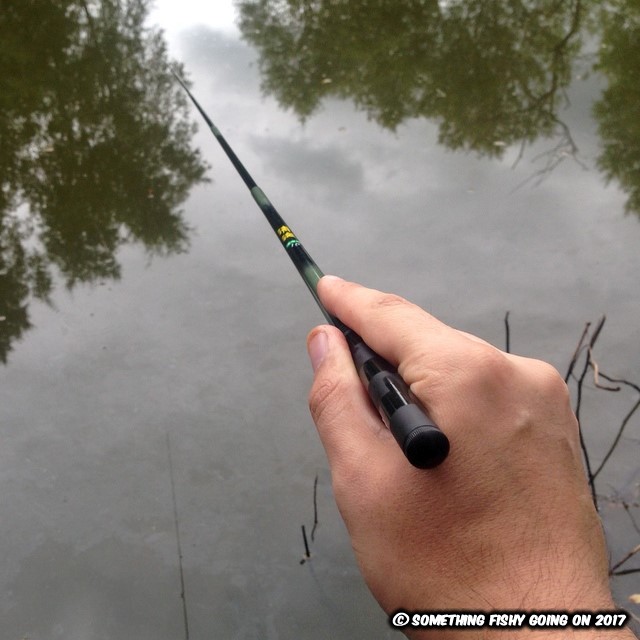I'm off to Cyrus in April for a week's holiday with my girlfriend Lillian. I'll be doing some fishing whilst there and as it's our first time on the island I've been investigating what species I'm likely to catch. As well as many Mediterranean species that I'm already familiar with there are a few odd looking invaders from the Red Sea that I may encounter. I first heard about two of these because my mate Dimitrios caught them when he fished there last year.
 |
| The rather bizarre looking bluespotted cornetfish... |
 |
| ...and the equally weird silver cheeked toadfish. |
It's another invasive species however that I've decided to add to my "Most Wanted" target list and it's one that you may recognise because they are a very popular exhibit in many aquariums.
 |
| The lionfish. Both beautiful and dangerous, in amongst its long elaborate fins are eighteen venomous spines. |
 |
| In red above are the spines to avoid. Thirteen in the first dorsal fin, one at the front of each pelvic fin and three at the front of the anal fin. |
Most invasive species are not welcome but apparently lionfish are a most unwanted migrant because of the devastation they can cause when they move into a new environment. They have very few predators and can breed quickly, spawning as often as every four days. They are also a voracious predator, eating huge amounts of small fish and crustaceans. All this means they are extremely successful at colonising new territory at the expense of its native species. Over the last few years lionfish seem to have done exactly this along the south west coast of Cyprus which means there's a chance for me to catch one.
If I do catch any lionfish I'll obviously need to handle them extremely carefully and although I usually release the fish I catch I think I'll do my bit to reduce their numbers by keeping any landed, this decision has been made easier by the fact that they supposedly make a very tasty meal. So, I'm really looking forward to visiting Cyprus for the first time and perhaps catching and eating something a little different too.
Tight lines, Scott.
















